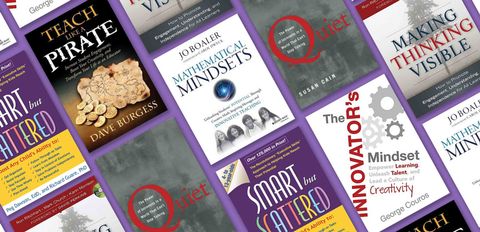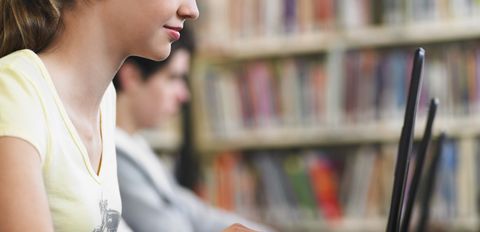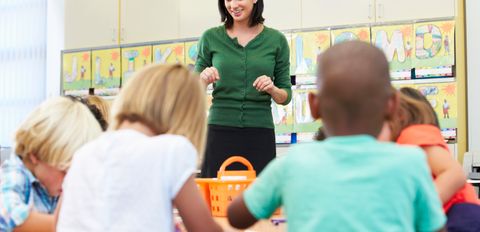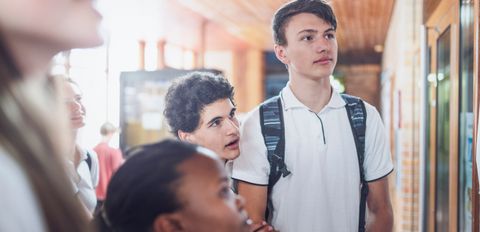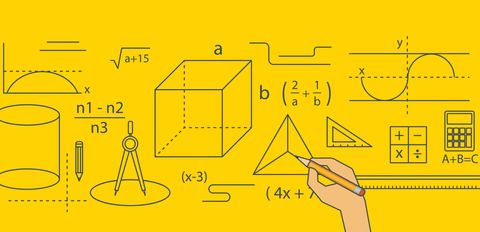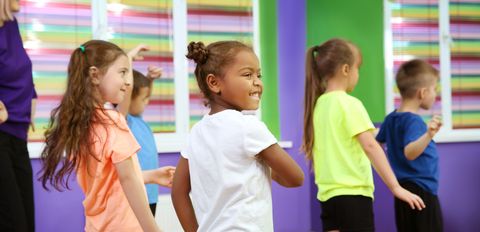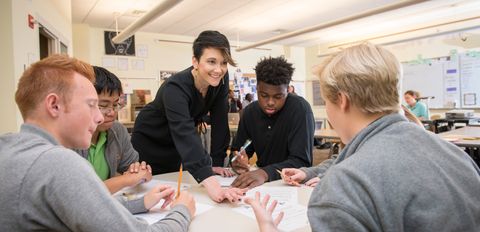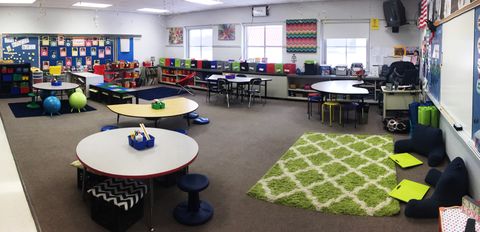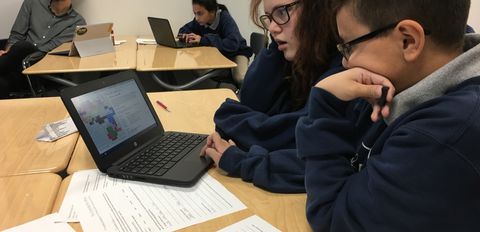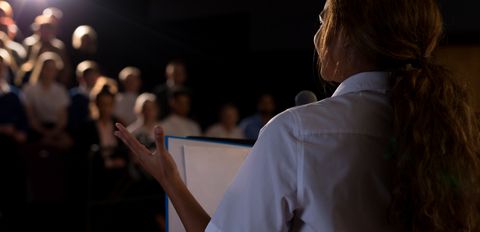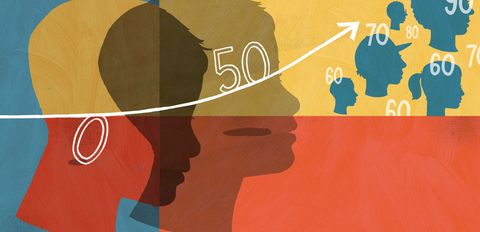 Credit: Leigh Wells No-zero policies spur serious—and productive—debate among teachers. We look at the big insights on both sides of the argument.
 Credit: ©500px/Hero Images Taking stock of past successes and challenges can boost your resilience for the upcoming school year.
 Credit: George Lucas Educational Foundation Daily discussions and team-building activities meet the physical, social and emotional, and spiritual needs of students.
 Credit: ©Shutterstock/fizkes A New Jersey school district uses a four-year induction program to support teachers in the difficult early years.
 Credit: George Lucas Educational Foundation A discussion technique based on peer feedback helps students delve into complex texts and develop communication skills.
| 

